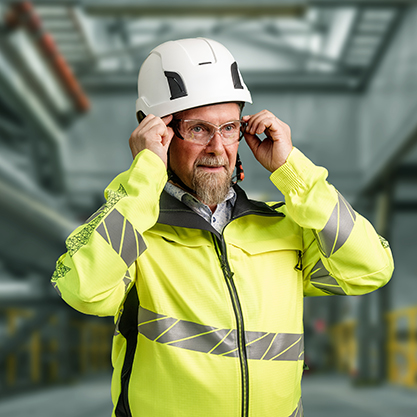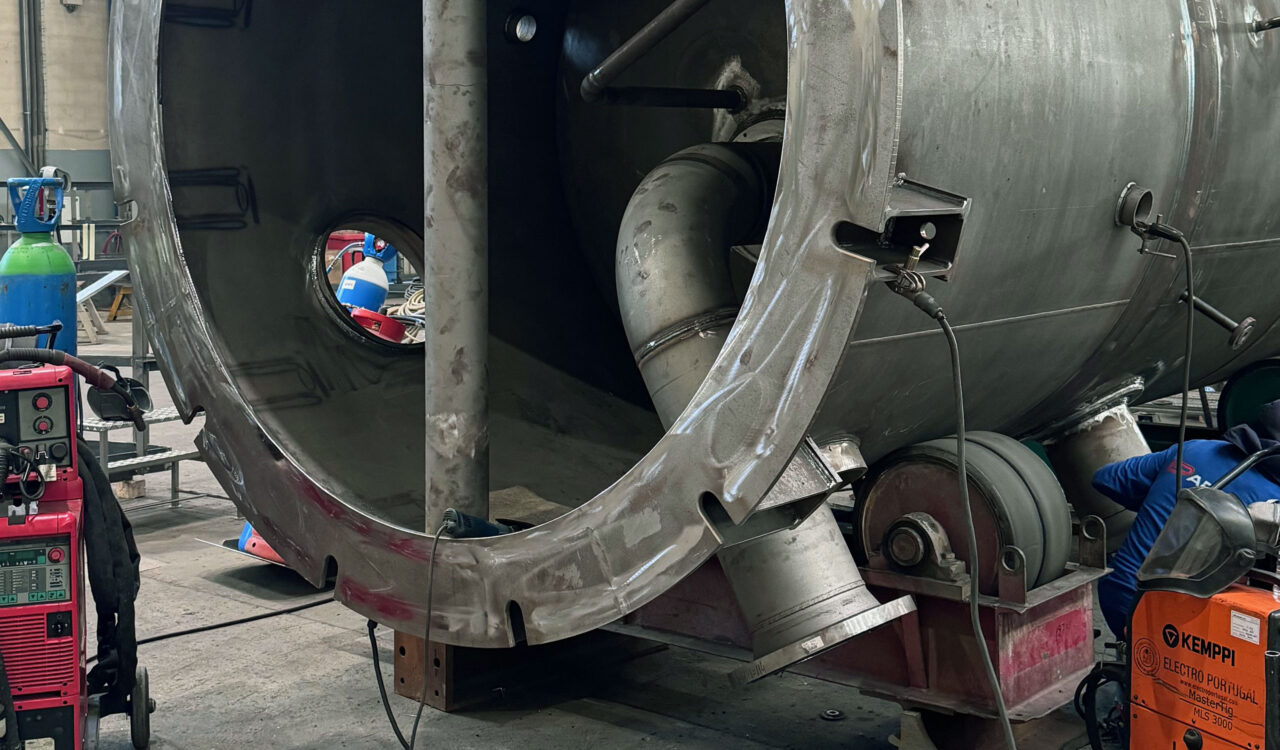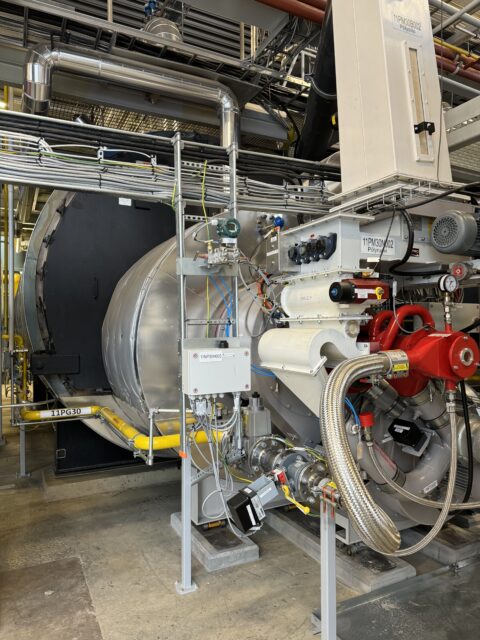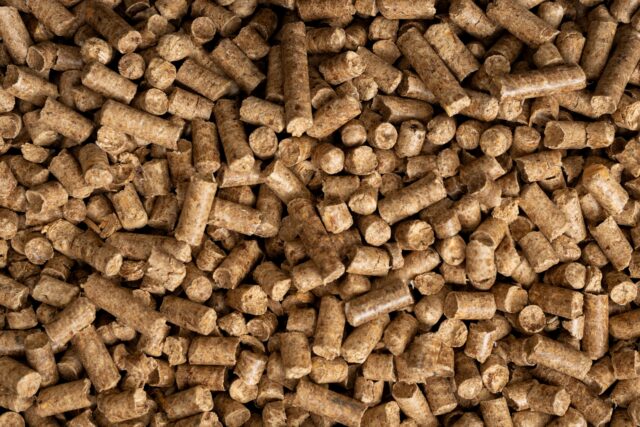Fuel conversions of oil and natural gas boilers to biofuels
Many existing boilers are still fully functional. CTI offers customers a solution: converting boiler fuel from fossil sources to biofuels such as pellet dust, bio-oil, or biogas. This allows the plant to meet today’s emission limits and carbon neutrality goals – without the need for a new boiler investment.
In a fuel conversion project:
- The customer’s existing boiler, equipment, and fuels are assessed
- A suitable replacement product is selected (e.g. pellet dust, bio-oil, biogas)
- The combustion system is upgraded – including a new burner, possible
milling solutions, feed system, and automation - The new system is installed and tested
- Documentation is provided, if needed, for funding applications and ESG reporting

Timo HuuskoSales Director, CTIRetrofit makes use of what is already existing. It is often the most technically and economically sensible solution.
Why Choose Retrofit?
Investment savings
No need to build a completely new plant – existing functional structures are utilised.
Extended lifecycle
Upgraded systems can remain in operation for decades.
Emission reduction
Enables a transition from fossil fuels to, for example, biofuels or electricity.
Regulatory compliance
Older plants are updated to meet the latest emission limits and legislation (e.g. EU 2025–2030 requirements).
Full technical partnership
CTI supports the customer throughout the entire process – from assessment and design to installation and commissioning.
Adopting biofuels responsibly
CTI’s solutions enable the versatile use of biofuels:
- Pellet dust: energy-efficient and easy to store, well suited for boilers
- Bio-oil: a flexible alternative to replace traditional oil (requires careful control of temperature and mixing)
- Biogas: compatible with existing gas infrastructure – provided secure availability
CTI’s in-house expertise, particularly in milling solutions and combustion technology, ensures that the new fuel burns efficiently and cleanly – saving both money and the environment.
With this transition, you gain more than just emission reductions. You gain a future-ready energy system based on renewable, domestic, and secure fuel sources.



